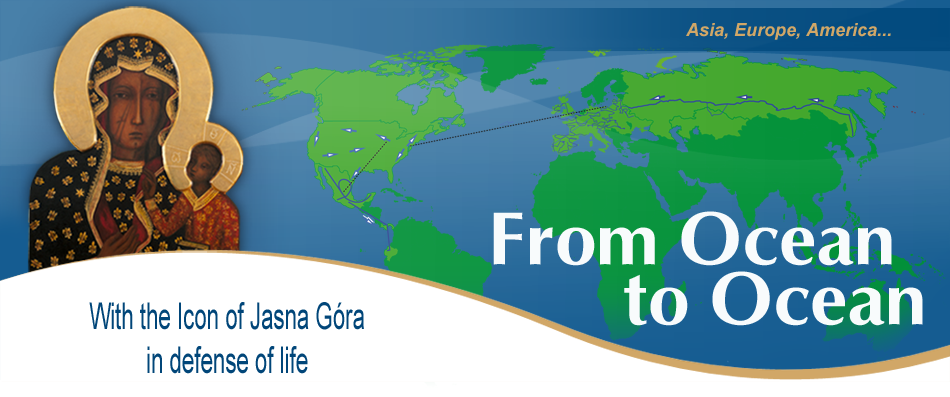PRESS RELEASE

Gdańsk, November 16, 2020
To all pro-life Friends around the world!
On November 18, 2020, the infamous hundredth anniversary of the legalization of abortion on an international scale will be celebrated. It was introduced on November 18, 1920 by the decision of the National Health Protection Commission entitled "On the protection of women's health in Soviet hospitals," which was in line with Lenin's 1913 program assumptions. At the time, he wrote: "the working class needs a necessary amendments to all laws that prohibit abortion and contraception." This very program was implemented by the communist authorities after they took power during the October Revolution in Russia.
Communism regarded the destruction of life, the traditional family and the Christian faith as one of the greatest "achievements" of the Bolshevik revolution. This fact shows that the promotion of abortion it has its roots in the Marxist ideology.
Over time, more countries adopted abortion legislation. First, it was done under duress by the republics of the USSR: Belarus, Kazakhstan, and Turkmenistan. and in 1921 Ukraine, Georgia, Armenia. After World War II, other countries followed the same path: Sweden (1946) and Japan (1948). In the years 1955-57, this legislation was imposed on the countries attached to the Soviet Union, such as Lithuania, Latvia and Estonia. Then, under pressure from Soviet Russia, the law in the so-called Eastern Bloc: in Bulgaria, Hungary, Poland, Slovakia, the Czech Republic and Romania (1956). In the 1960s and 1970s, the countries of Western Europe and Asia legalized abortion successively. In the US, this happened in 1973 based on the Roe v. Wade judicial precedent.
According to an estimate, at least two and a half billion babies have died in the womb of their mothers over the past century!
This number is so shocking that many people are not able to believe it is possible and give low figures, e.g. several hundred million. However, WHO has officially estimated the number of abortions worldwide at around 50 million a year since the 1970s. Over 50 years, this amounts to 2,500,000 children killed. Due to lack of data, this figure excludes cases from the previous 50 years. It also does not cover the effects of the RU-486 abortion pill and abortion drugs as well as illegal or unreported abortions.
Currently, both UN agencies and numerous countries promote abortion under the banner of promoting reproductive health and expand its availability. They are also putting enormous pressure on less industrialized countries to humanitarian aid abortion as part of health services against the will of governments and citizens, such as in South America.
This sad anniversary should lead us to serious reflection, and those of us who are believers to an expiatory prayer for the shed blood. As Archbishop Tomasz Peta informed us, the Catholic Church in Kazakhstan, undertakes this prayer in all parishes of the capital diocese of Astana on Sunday, November 22, on the feast of Christ the King. The Catholic Church in Russia undertakes a similar prayer. In Belarus, the expiatory prayer will be held in several parishes in all dioceses successively from 6:00 p.m. on November 19 to 9:00 a.m. on November 21. You can also join the live prayer in Vitebsk or Mogilev. Ukraine and Lithuania join in. They will pray in Austria and France (Fr. Daniel Ange). In the USA, the HLI headquarters with President Fr. Bouquet. More information is yet to come.
Poland was ahead of everyone, because the prayer for the sin of abortion flowed on November 1-8 this year. as part of the Rosary to the Borders of Heaven. The remaining Central European countries, such as the Czech Republic, Slovakia, Hungary, etc. they also join in. Everywhere it is an initiative of the laity, undertaken with the consent and in close cooperation of the local bishops.
We encourage friends from different countries to join this expiatory prayer and organize it at home.
on behalf of HLI Polska and KPLŻ
Ewa H. Kowalewska








